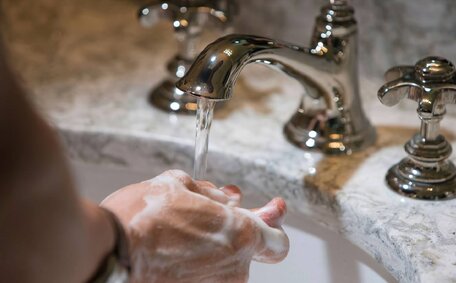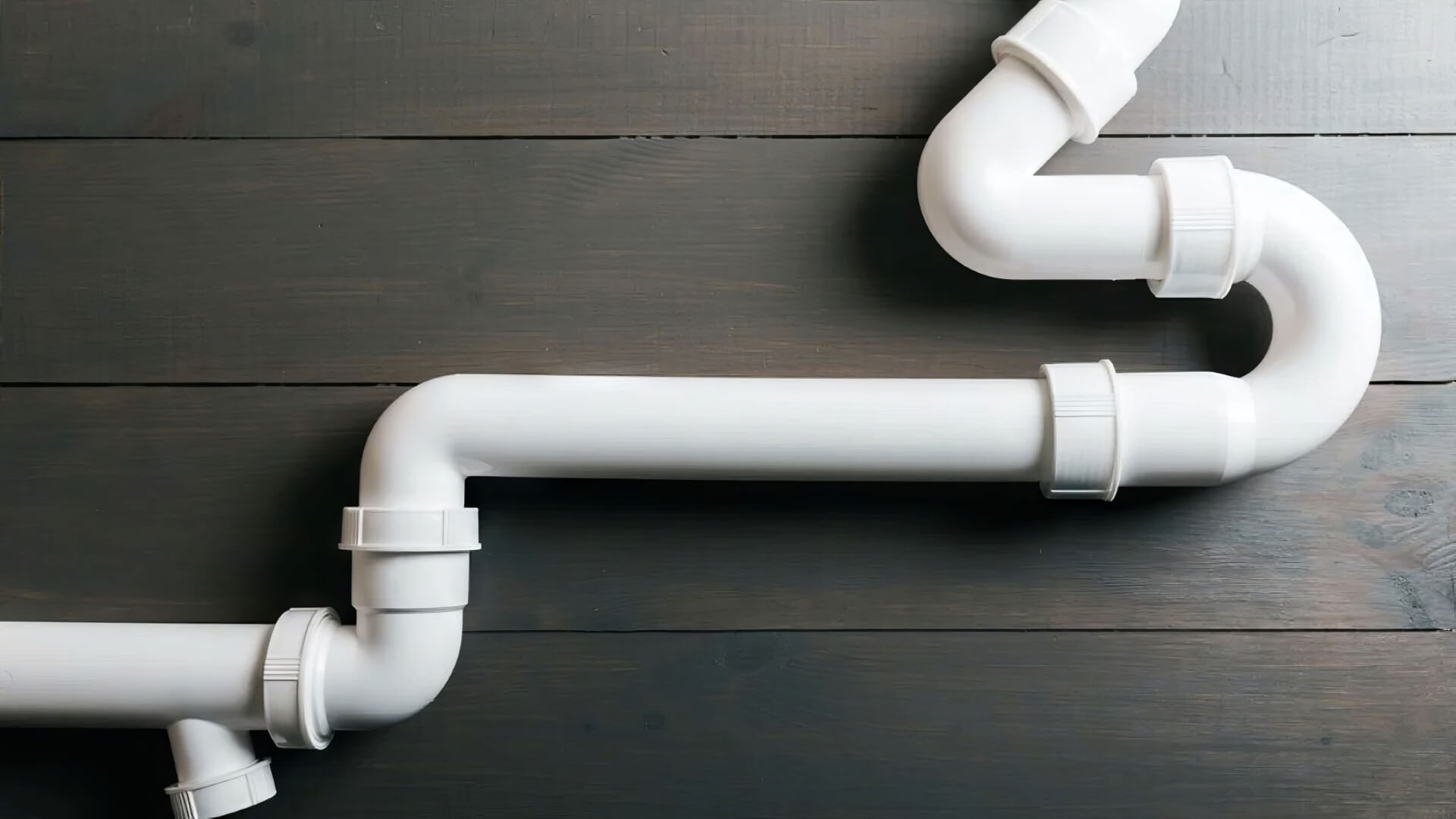Introduction to Upgrading Your Hot Water System
Having a reliable hot water system is essential for any home. However, as your hot water heater ages, you may start noticing signs that it’s time for an upgrade.
According to the experts at Lalor Park Plumbing, a leading plumbing company operating in Sydney, there are some key factors to consider when determining whether to replace your old hot water system.
Upgrading to a newer, more efficient hot water system provides a number of benefits. New heat pump or solar models can also significantly reduce your electricity or gas usage.
Newer models tend to have improved insulation, helping them retain heat better and reducing energy costs. Newer models tend to have improved insulation, helping them retain heat better and reducing energy costs.
There are a few clear indicators that your current system is due for replacement.
If your hot water runs out frequently or takes a long time to reheat, your system may be failing. Strange new sounds, leaks, rust, and an increase in your energy bills can also signal problems. If your system is over 10 years old, replacement parts may be hard to find as well.
When it comes to choosing a new system, consider factors like your household size, climate, and energy sources. Lalor Park Plumbing can advise you on whether a heat pump, solar, gas, or electric water heater would be most suitable. They can also handle the whole installation process so your new system is set up properly.
Upgrading before your old system fails helps prevent emergencies. Lalor Park Plumbing recommends planning ahead and budgeting for a new hot water system around the 10 year mark. That way you can research your options thoroughly and schedule the installation at a time that suits you.
Signs Your Hot Water System Needs Replacing
There are several clear signs that indicate your hot water system needs replacing:
- Decreased hot water efficiency - If your hot water runs out frequently or takes longer than 30 minutes to reheat after use, this signals declining efficiency.
- Frequent breakdowns - If your system is repeatedly malfunctioning and requiring repairs.
- Strange new noises - Clanking, banging or rumbling noises can indicate problems.
- Leaking water - Any leaks from the tank or connections require immediate attention.
- Rust accumulation - Rust around the tank, pipes or fittings is a red flag.
- Higher energy bills - A spike in gas or electricity bills shows your system is working harder and wasting energy.
- Age - Most hot water systems last 8-12 years. Beyond this time, replacement parts become difficult to find.
If you notice one or more of these signs, it’s wise to contact a licenced plumber like Lalor Park Plumbing to assess whether your hot water system should be replaced.
Increased Energy Bills
As a hot water system ages, it becomes less efficient at heating water. As a hot water system ages, it becomes less efficient at heating water.
Older models tend to lose more heat during the heating process and while the water sits in the tank. This declining performance means your energy bills go up over time as the system has to work harder.
Newer hot water systems are designed to retain heat better thanks to improved insulation around tanks and pipes. More advanced systems, like heat pump models, can heat water using around half the energy of a standard electric system. Other energy efficient options like solar hot water can lower bills too by harnessing renewable energy.
This is because they extract latent heat from the surrounding air.
Upgrading to one of these newer systems means you’ll use less electricity or gas for the same hot water usage. Lalor Park Plumbing recommends considering energy efficiency as one of the key factors when choosing a suitable replacement system. The energy savings over time often more than justify the upfront cost of installation.
Frequent Repairs Needed
If your hot water system is constantly breaking down and needing repairs, it’s a clear sign that the system is reaching the end of its lifespan. As components like heating elements, thermostats and pressure relief valves wear out, you’ll find yourself calling the plumber more often.
The costs of multiple repairs and service calls can quickly add up.
At a certain point, you may reach the tipping point where investing in a new system makes better financial sense than continuing to sink money into repairing an ageing unit. At a certain point, you may reach the tipping point where investing in a new system makes better financial sense than continuing to sink money into repairing an ageing unit.
When weighing up replacement costs versus ongoing repairs, also factor in energy efficiency.
An outdated system wastes a lot more energy heating water than a new one. An outdated system wastes a lot more energy heating water than a new one. Lalor Park Plumbing can advise on when replacement is the more economical option for your situation.
Benefits of Upgrading Your Hot Water System
Upgrading to a newer hot water system offers several benefits for homeowners:
- Improved efficiency - New models have better insulation to retain heat longer and use less energy to heat water.
- Lower energy bills - Increased efficiency saves on electricity or gas costs over time.
- Advanced features - Temperature controls, timers, increased tank capacity and other features for convenience.
- Longer lifespan - New systems come with 10+ year warranties and last longer before needing repairs.
- Enhanced safety - Systems have updated safeguards like pressure relief valves to prevent leaks.
- Environmentally friendly - Options like heat pumps and solar have a smaller carbon footprint.
- Peace of mind - Avoid unexpected breakdowns and ensure reliable hot water 24/7.
Lalor Park Plumbing can help select the right replacement system to maximise these benefits. Upgrading before your current system fails provides the best value over the long term.
Improved Energy Efficiency
Newer hot water systems are designed with improved energy efficiency features that can significantly reduce your energy usage and costs:
- Enhanced insulation around tanks and pipes helps minimise heat loss so less energy is wasted.
- Heat pump systems extract latent heat from the air, meaning they can heat water using around half as much electricity as conventional electric heaters.
- Solar systems harness renewable energy from the sun to heat water, lowering reliance on gas or electricity.
- Higher efficiency heating elements convert more energy into heat rather than losing energy as radiation.
- Advanced thermostats precisely control water temperature so the system doesn’t overheat unnecessarily.
By upgrading to a system with better insulation, innovative heating technology and smart controls, you can achieve the same hot water convenience while slashing your energy consumption. Lalor Park Plumbing can help select the most efficient system to lower your environmental impact and energy bills.
Lower Operating Costs
Choosing an energy efficient hot water system can lead to significant savings on your energy bills over time. Modern heat pump, solar, and gas systems can all cost less to run on a monthly basis compared to older electric storage units.
A new gas system can reduce water heating costs by 50-65% compared to an electric system based on current energy rates. Upgrading from an older 3-4 star storage unit to a new 5-6 star gas hot water system translates into hundreds of dollars in annual savings.
Heat pump systems are also very economical, using around half as much power as a conventional electric system. The upfront cost is higher, but Lalor Park Plumbing estimates the savings can offset the price difference in under 5 years. Solar hot water is also a great option where sunlight is abundant.
While efficient systems cost more initially, the lower operating costs and energy savings make upgrades economically worthwhile over the system’s lifespan. Lalor Park Plumbing can advise on the options best suited to reduce your monthly bills while providing reliable hot water.
Newer, Safer Features
When upgrading your hot water system, opting for a newer model means gaining access to advanced safety features that protect your family and home:
- Anti-scald valves prevent accidental scalding by limiting maximum water temperature.
- Improved pressure relief valves safely release excess pressure to prevent tank explosions.
- Leak prevention systems cut off water flow if a leak is detected in the tank or pipes.
- Enhanced diagnostics monitor the system’s operation and alert users about potential issues.
- Temperature sensors help regulate water temperature precisely.
- Automatic safety shutoffs activate in response to issues like gas leaks or overheating.
New hot water systems have multiple levels of protection in place to prevent accidents and damage. Their advanced controls also allow you to adjust settings for maximum efficiency and safety. Discuss your needs with the team at Lalor Park Plumbing to select the ideal system featuring the latest innovations.
Comparing Types of Hot Water Systems
When selecting a new hot water system, three key types to compare are:
- Storage tanks - Have a tank of stored hot water ready to go. More economical but run out eventually.
- Tankless systems - Heat water on demand so never run out. More expensive initially.
- Gas vs electric vs solar - Gas is cheap to run but needs a gas line. Electric offers flexibility. Solar harnesses the sun’s energy.
Storage tanks like gas or electric units are lower cost but provide a finite supply of hot water that can run out. Tankless gas or electric heaters provide unlimited hot water but have a higher upfront cost.
In terms of energy source, gas systems are often the most affordable to operate long-term. Electric gives flexibility in Installation. Solar units utilise free renewable energy but rely on sunny weather.
When choosing the right system, factors like your household size, climate, energy sources and budget play key roles. The team at Lalor Park Plumbing can advise the most suitable hot water system for your specific needs.
Estimating System Size and Installation Cost
Choosing the right sized hot water system for your home depends on factors like:
- Number of bedrooms/bathrooms
- Number of occupants
- Peak usage times
- Climate and ground water temperature
As a general guide, allow around 50-80 litres of storage capacity per person. Most new systems range from 135L for a small 1-2 person household, up to 400L for a large 4+ bedroom home.
Installation costs vary based on system type but expect to pay $1,000-$3,000 including parts and labour. Gas systems tend to be most economical overall. Lalor Park Plumbing provides free quotes to select the optimal system and pricing for your property.
Installation Process and What to Expect
Installing a new hot water system is best left to qualified professionals like Lalor Park Plumbing. Here is an overview of the typical installation process:
- The existing system is disconnected and removed if replacing an old unit.
- The new system is positioned and mounted in place.
- Water and energy connections are made to taps, pipes and power supply.
- System is tested for leaks and proper functioning.
- Minor repairs or adjustments may be required.
With professional installation from Lalor Park Plumbing, you can expect:
- Licenced, insured and experienced technicians.
- Safe handling of gas, electrical and water connections.
- Attention to building codes and manufacturer instructions.
- Clean up work area when finished.
Replacing a hot water system takes 1-2 days in most cases. During installation, you may be without hot water temporarily until the new system is operational. Contact Lalor Park Plumbing to learn more or book a professional installation quote.






